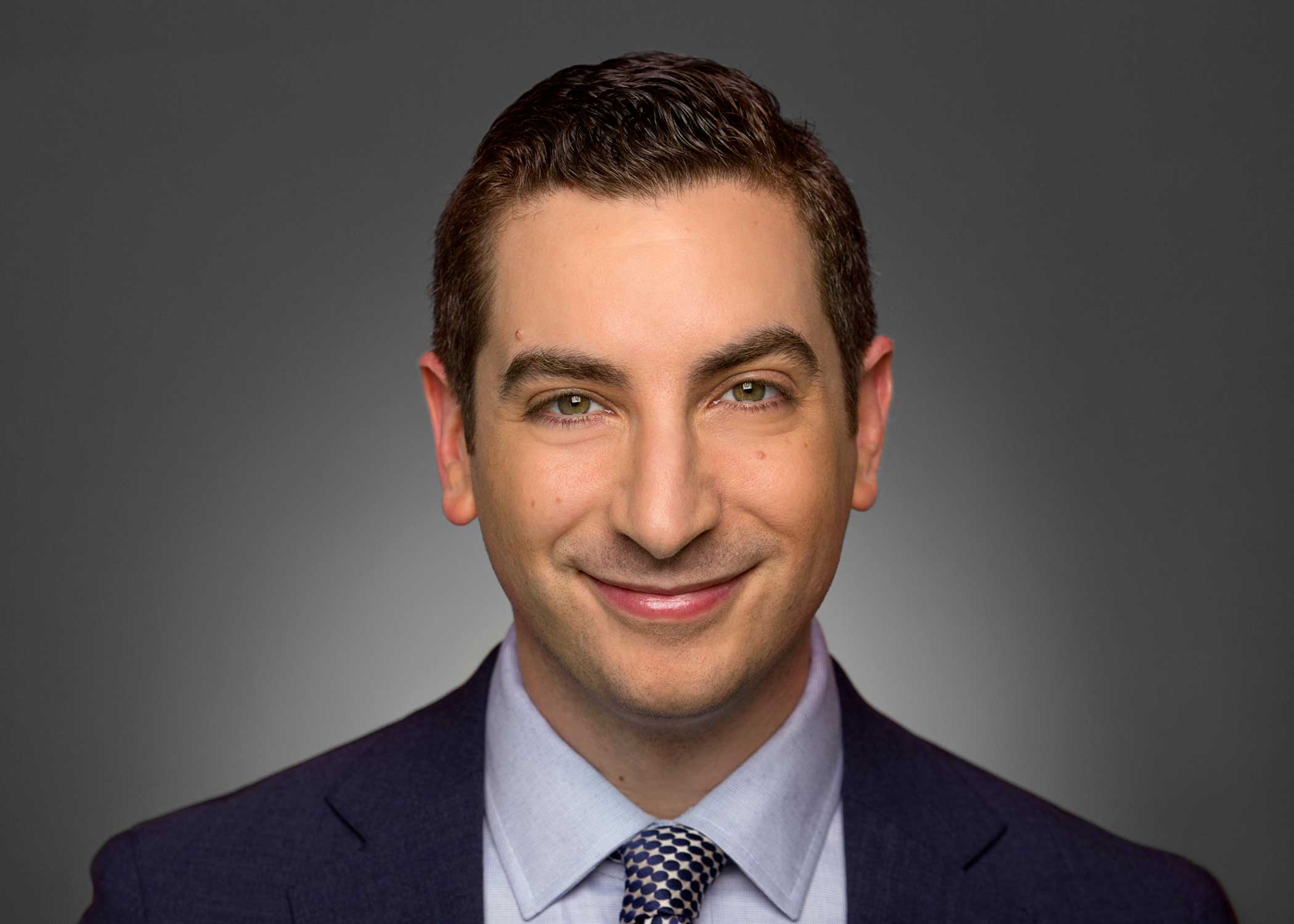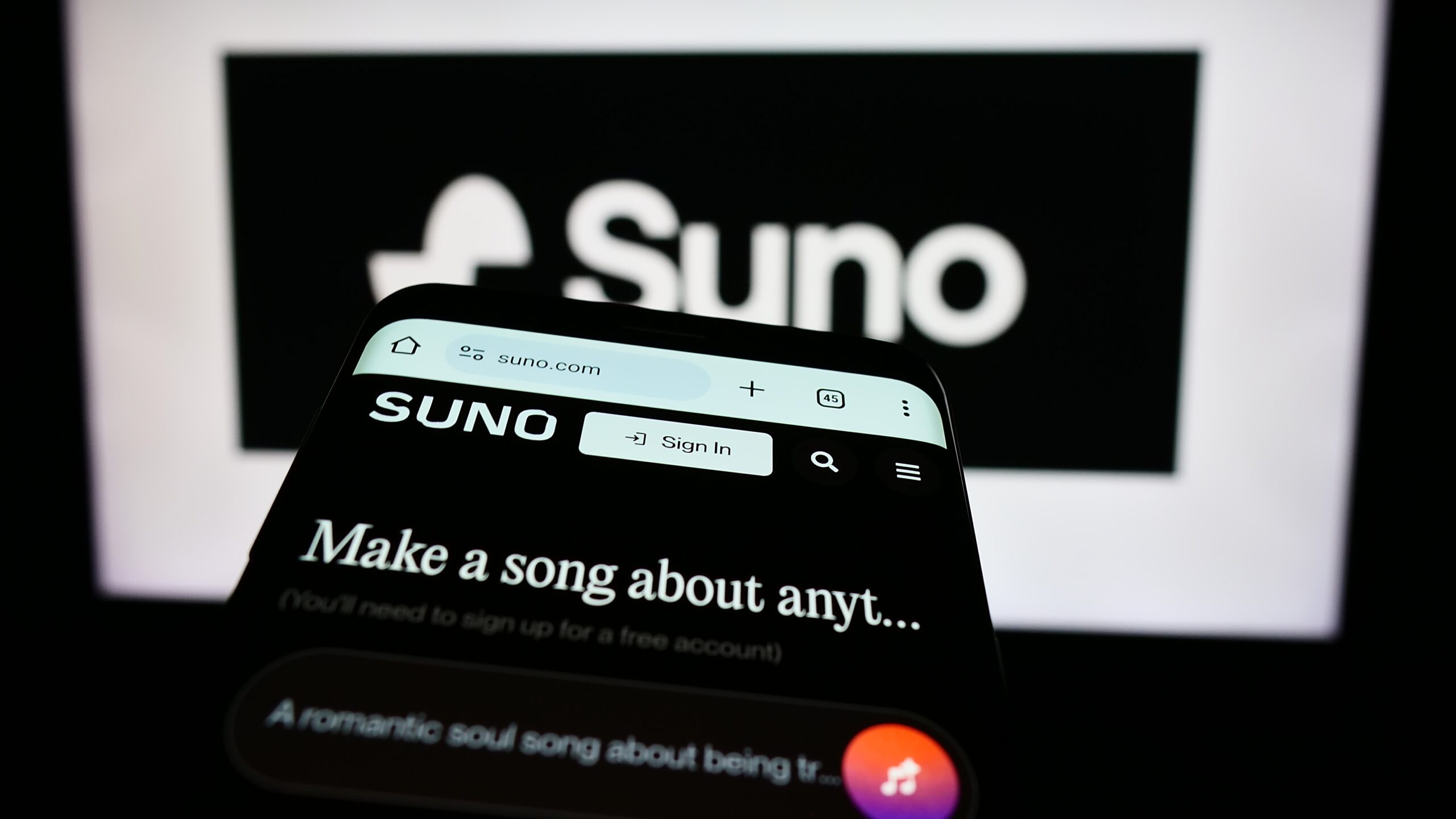The Legality at Play in AI’s Music Revolution
By Ethan Krasnoo
Music is having a profound moment of revolution. Gone are the days where Mp3s and CDs defined the industry. Today, artificial intelligence can compose and perform songs tailored to your chosen style and subject matter. Recently, I explored this myself on Suno.com, where I requested AI generated songs, such as a country tune depicting a fictional battle between Kamala Harris and Donald Trump (which AI aptly titled the “Great Debate”), and a musical theater piece celebrating a courtroom victory for my client who was wrongfully fired from her job (“Justice for Jane”). What fun! However, perhaps the most intriguing song I had Suno.com create and sing me was based on my prompt: “a pop diva ballad about whether Suno.com commits copyright infringement by creating AI songs based on other copyrighted songs.” You can listen to the catchy tune, titled “Suno’s Dilemma,” here. (Yes that is a computer-generated voice “singing,” not a real human!) I asked Suno.com this particular question as it coincides with a significant recording industry lawsuit filed against Suno for copyright infringement, in which the company has admitted that its product was trained on “essentially all music files of reasonable quality that are accessible on the open internet” which included “tens of millions of recordings.” Major music giants including Universal Music Group, Sony Music Entertainment, and Warner Music Group have alleged that Suno lifted material from copyrighted songs over which they have ownership.
As my colleague Dan Ain recently wrote about in connection with the ongoing litigation filed by visual artists against AI tool Stability Diffusion, which designs new artwork upon analyzing and synthesizing existing original art, it remains an open question about how the courts will rule on this issue of feeding copyrighted works into AI to create new works. Thus far, the visual artists in that case have conquered the first hurdle of litigation in withstanding a motion to dismiss their lawsuit.
In the case against Suno, the company contends that its defense against copyright infringement hinges on its assertion of Fair Use of the copyrighted songs in training its AI, and that therefore that Suno does not need permission from or to make payments to the copyright holders to do so. Suno asserts that its argument is based on the unique aspects of its AI product which it claims was “designed for originality . . . to create new songs that didn’t and often couldn’t previously exist.” Suno Chief Executive Mikey Shulman said the company’s mission “is to make it possible for everyone to make music” and that the “technology is transformative; it is designed to generate completely new outputs, not to memorize and regurgitate pre-existing content.”
Determining Fair Use involves a four-part analysis, but courts are often swayed by the first factor of the test which analyzes the purpose and character of use, and whether the new work created is transformative, meaning whether it adds new meaning or expression to the original work. On the other hand, the plaintiff music companies suing Suno have stated that that the music industry is already partnering and collaborating with developers to build AI tools centered on human creativity, which pertains to the fourth factor of the Fair Use test – analyzing the effect of the use on the potential market for or value of the original copyrighted work.
As my colleague Deena Merlen demonstrated earlier this week in her article focused on AI deepfakes, AI art has the potential to present significant challenges alongside its potential benefits, and the case of AI music is another example thereof. As the battle for IA and copyright infringement claims escalates, we will continue to watch (and listen) to how the courts navigate this intricate landscape and shape the narrative of a future where new models are intricately woven from the threads of the past.
 This article is intended as a general discussion of these issues only and is not to be considered legal advice or relied upon. For more information, please contact RPJ Partner Ethan Krasnoo who counsels clients in areas of complex commercial litigation, arbitration, mediation and dispute resolution, and employment, intellectual property, and entertainment and media. Mr. Krasnoo is admitted to practice law in New York, the United States District Courts for the Southern and Eastern Districts of New York, the United States Court of Appeals for the Second Circuit and United States Tax Court.
This article is intended as a general discussion of these issues only and is not to be considered legal advice or relied upon. For more information, please contact RPJ Partner Ethan Krasnoo who counsels clients in areas of complex commercial litigation, arbitration, mediation and dispute resolution, and employment, intellectual property, and entertainment and media. Mr. Krasnoo is admitted to practice law in New York, the United States District Courts for the Southern and Eastern Districts of New York, the United States Court of Appeals for the Second Circuit and United States Tax Court.

